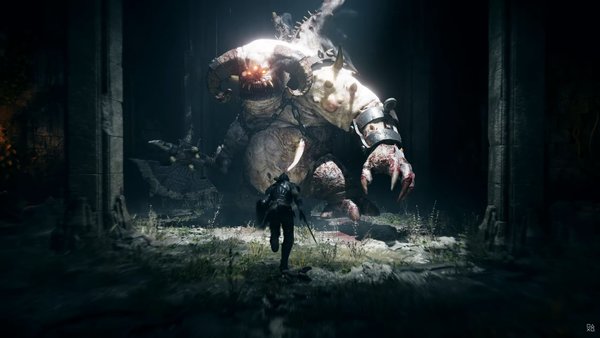PS5: 7 HUGE Mistakes Sony Are Making
1. Hiking Next-Gen Game Prices To $80/£70

With all these issues in mind, Sony are still taking the bold step of hiking first-party prices up an additional $20/£20, to $80/£70 as standard.
As a wider talking point, the debate around video game pricing has raged for decades, and the industry DOES have a point:
Video game production and development costs have skyrocketed, especially across the last generation, yet the consumer price point stayed the same. NES cartridges were retailing for around $50 back in the 80s, and that goes for the PS2 as well.
Basically, something had to give, and it's not that creatives behind the scenes don't deserve one HELL of a pay packet for working themselves stupid for 3-5 years at a time.
Only, VERY few titles this generation came close to proving that a triple-A design model even works. Red Dead Redemption 2, The Last of Us 2, Final Fantasy VII Remake - these are the outliers, and even then, their development time stretched closer to a decade.
The vast majority of "high-end" triple-A titles fail, or take literal months to fix. Your Anthems, Battlefront 2s, NBAs, FIFAs - titles from the likes of Activision, EA, 2K and Square Enix - these are simply not worth an increased premium cost next generation, because they haven't been for the last seven years.
In theory it's first-party titles that should be cheaper - not leading the way for greedier companies like the aforementioned to follow. Sony's bottom line is bolstered by a half-grand unit cost per console, rather than third-parties relying entirely on software.
2K have weighed in that this year's NBA 2K will be $70 on PS5 and Xbox SX, with Ubisoft maintaining (for now) that next-gen pricing will be the same as current hardware.
Either way, next-gen prices are going up, but without a reliable business model in the current day, can we really say they're going to be worth the money?
Taken alongside the messiness of what "next gen" even means or brings, it leads to far more questions than answers.